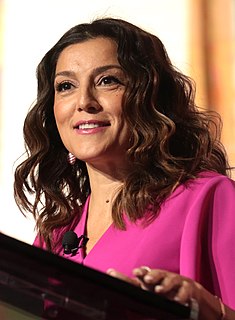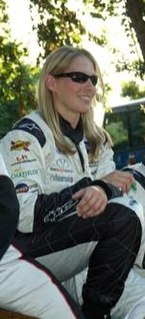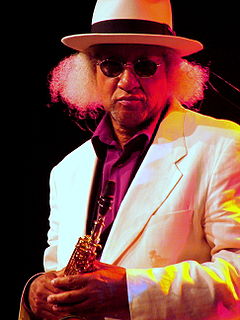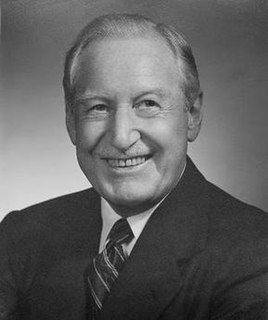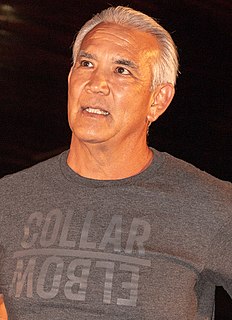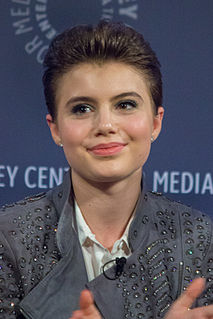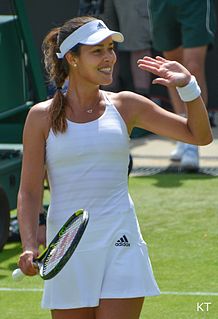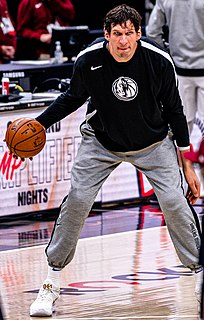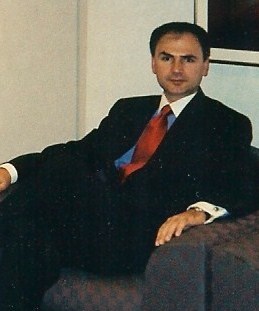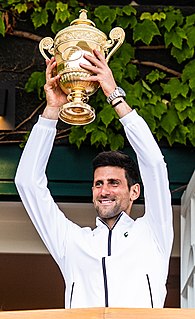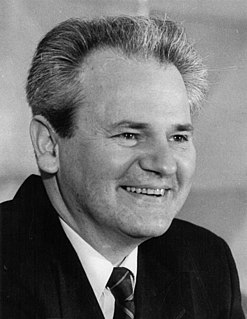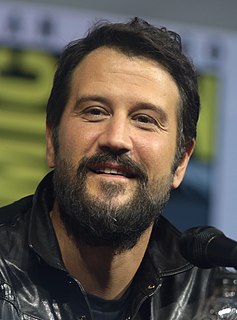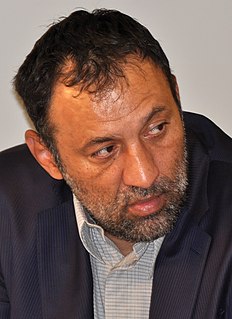A Quote by Roksanda Ilincic
I think the main thing over time is that you gain confidence and are able to tell your story better and stronger.
Related Quotes
The best time to tell your story is when you have to tell your story. When it's not really a choice. But then, when you get that first, messy, complicated version down, you have to read it over and be very tough on yourself and ask, 'Well what's the story here?' If you're lucky enough to have someone you trust looking over your shoulder, he or she can help you if [you] lack perspective on your own story.
I don't think my playing style has really changed over the years; it's just gotten better. I can hear the improvement in comparing older records and later records. I'm referring to soloing ability, to having a better sound, to knowing chords better, and getting rhythmically stronger. It also has to do with ideas - learning how to edit your ideas and being better able to follow ideas out to a logical conclusion.
The encouraging thing is that every time you meet a situation, though you may think at the time it is an impossibility and you go through the tortures of the damned, once you have met it and lived through it you find that forever after you are freer than you ever were before. . . . You gain strength, courage, and confidence by every experience in which you really stop to look fear in the face. You are able to say to yourself, “I lived through this horror. I can take the next thing that comes along.
You gain strength, courage, and confidence by every experience in which you really stop to look fear in the face.... The danger lies in refusing to face the fear, in not daring to come to grips with it. If you fail anywhere along the line it will take away your confidence. You must make yourself succeed every time. You must do the thing you think you cannot do.
Do it the hard way! Think ahead of your job. Then nothing in the world can keep the job ahead from reaching out for you. Do it better than it need be done. Next time doing it will be child's play. Let no one or anything stand between you and the difficult task, let nothing deny you this rich chance to gain strength by adversity, confidence by mastery, success by deserving it. Do it better each time. Do it better than anyone else can do it. I know this sounds old-fashioned. It is, but it has built the world.
If you have to tell a story without speaking, it's sort of like - I come from a dance background, so it's like a ballet where you have to tell a story with just your body. I think that's really interesting to have to tell a story with just your face and your mannerisms, and I'd like to tap into that world.
I think science has a better story to tell than anyone else has been able to tell and that's because it's based on the rigorous winnowing that science and scientists are always doing in order to find out what's really happening. I think it's really good to encourage generally our ability to tell stories and that's a great skill that we come by naturally, so I'm excited about that.
I think that people have to have a story. When you tell a story, most people are not good storytellers because they think it's about them. You have to make your story, whatever story it is you're telling, their story. So you have to get good at telling a story so they can identify themselves in your story.



